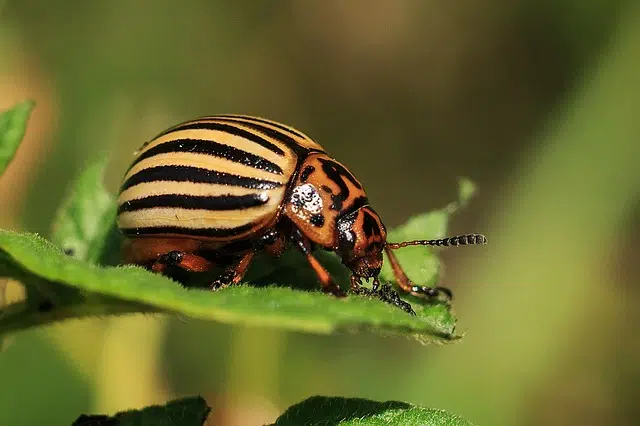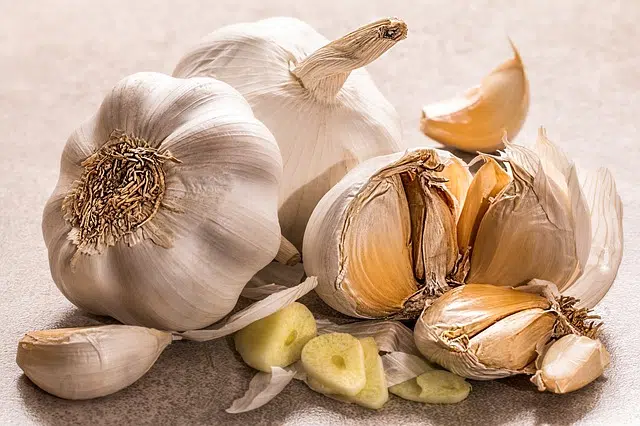
Pests can wipe out an entire crop
The product used to cause the death of insects is called an insecticide . An insect, meanwhile, is an arthropod animal that has a segmented body, has antennas and has wings.
pest control
Insecticides are chemical compounds that are part of the group of biocides since they aim to control and eliminate organisms that are considered harmful to humans . It can also be said that insecticides are pesticides or pesticides .
Depending on its mode of action , the insecticide can act on the eggs, larvae or adult specimens of the insect. They are generally responsible for inhibiting certain enzymes essential for life. There are insecticides that act by respiration (through the trachea), by ingestion (in the digestive tract) or by contact (they pass through the cuticle).
History
The origins of insecticides date back to at least Ancient Greece . There they sought to repel insects and even used insecticidal substances to protect the mummies .
The need to keep pests away from crops was the great incentive for the development of more effective insecticides. Over time it was also understood that the toxicity of these elements must specifically affect insects and not plants or people or other animals .
In this way, today it is sought that insecticides have reduced toxicity for humans and the rest of the fauna and flora. Furthermore, they are intended to be very specific (that is, they only affect the organism that you want to eliminate).
homemade insecticides
For different reasons, many people prefer to make their own insecticides. In general, they want to protect their family members and pets from the harmful effects that industrial products could cause, and that is why they opt for recipes that are harmless to them but effective against insect pests. The most common is garlic spray , since this ingredient is a very good repellent of natural origin that acts especially against aphids .
To prepare it, you need to crush a few cloves, a head of garlic and mix everything with two cups of water. We should leave it for around 24 hours before adding 3 liters of water and mixing it well. Finally, it can be sprayed on the leaves affected by insects. For rust, mildew and powdery mildew pests, which tend to proliferate during the hottest and most humid seasons, an insecticide with milk is recommended. To prepare one liter, you need two parts of milk for every eight parts of water and 20 grams of baking soda; After mixing the ingredients, it can be applied.

Among the many benefits of garlic is its effect as an insecticide.
Tomatoes have an abundant composition of alkaloids, which is why they successfully repel various insects, including caterpillars, worms and aphids . To make an insecticide with tomato, we must begin by chopping its leaves and leaving them in water for around 10 hours, to finally add two cups of water and mix well. It is important to note that this homemade insecticide can be toxic to animals .
Eggshells are very effective against snails and caterpillars , something that many people also use in their gardens to fertilize the soil. A very common method is to crush the peel and spread it around each plant in a circle. Along with slugs , snails are among the worst pests for younger plants. For this reason we must take all possible precautions to stop its advance and proliferation. Caffeine, beer and wood ash also work against them.
